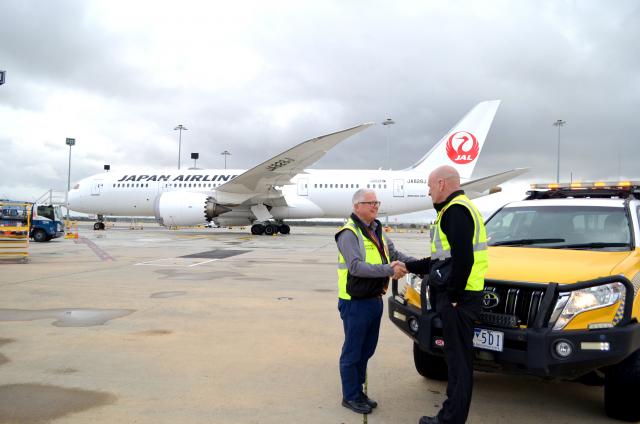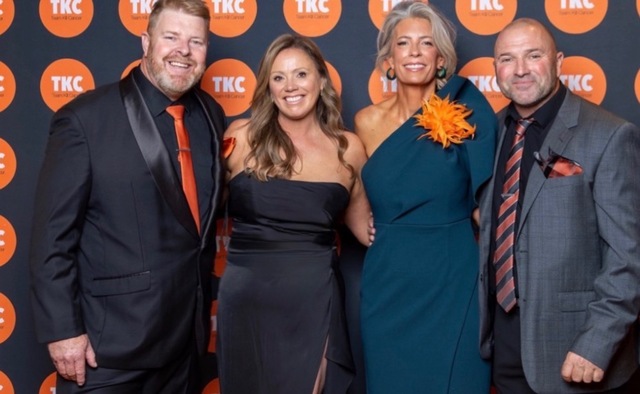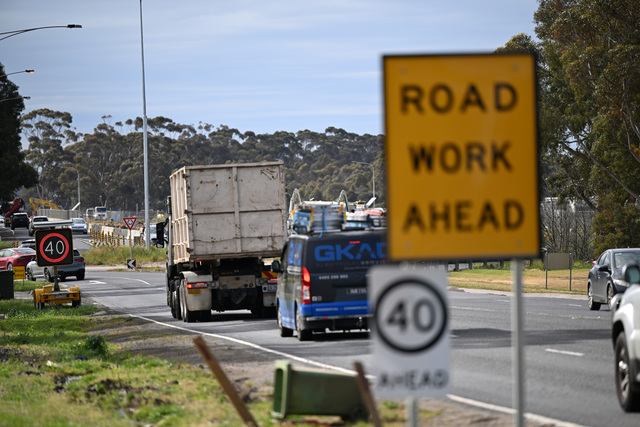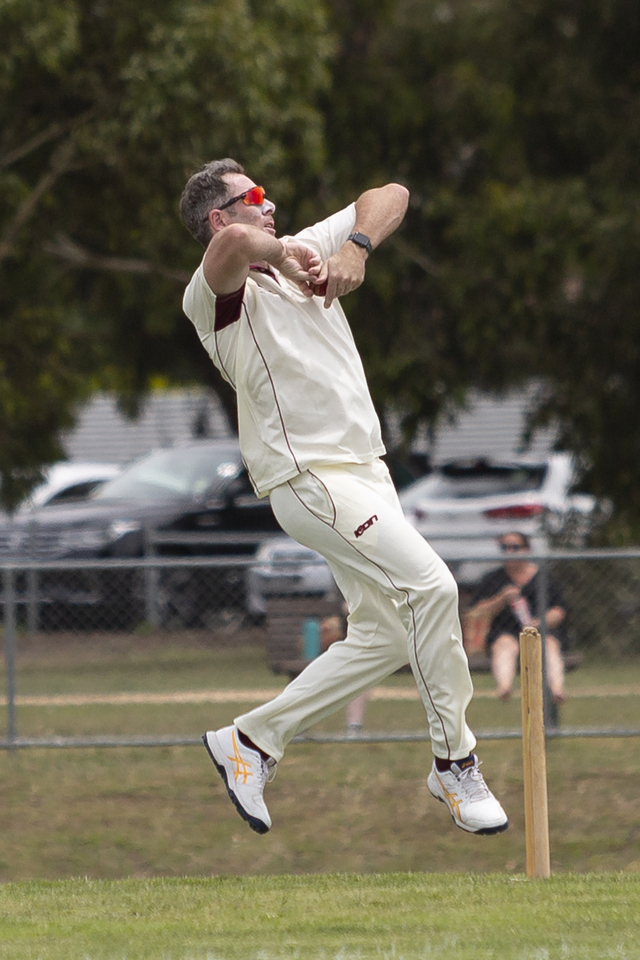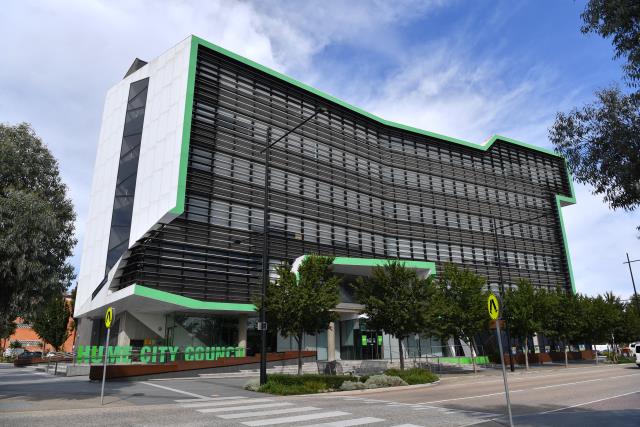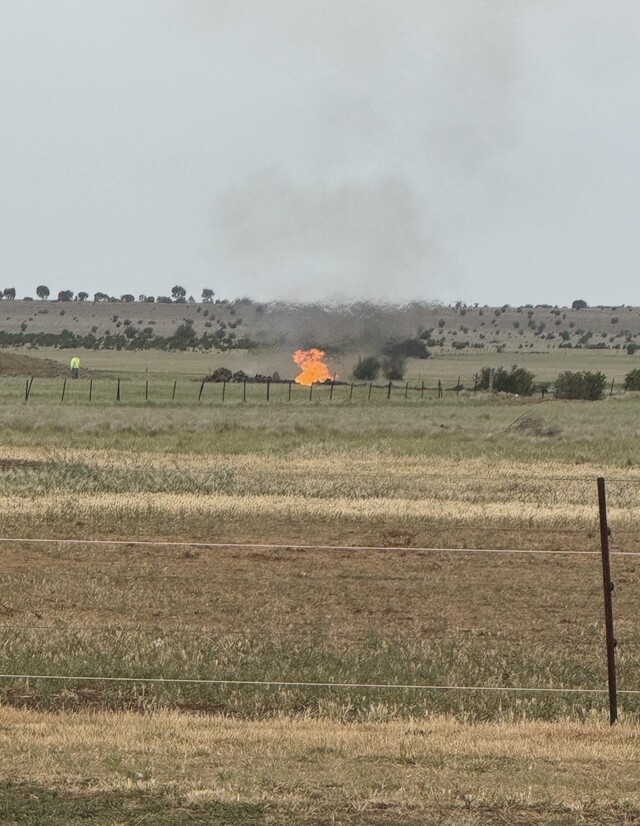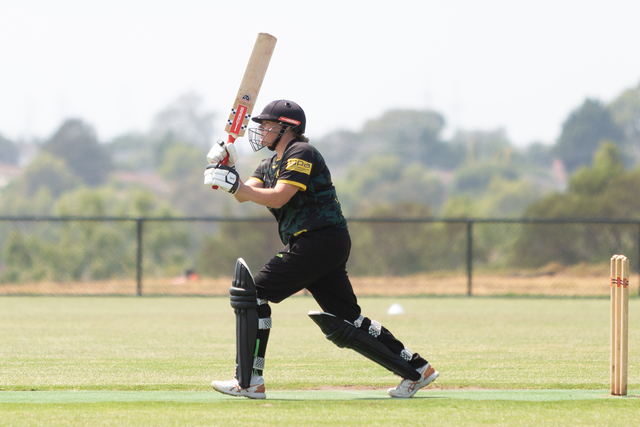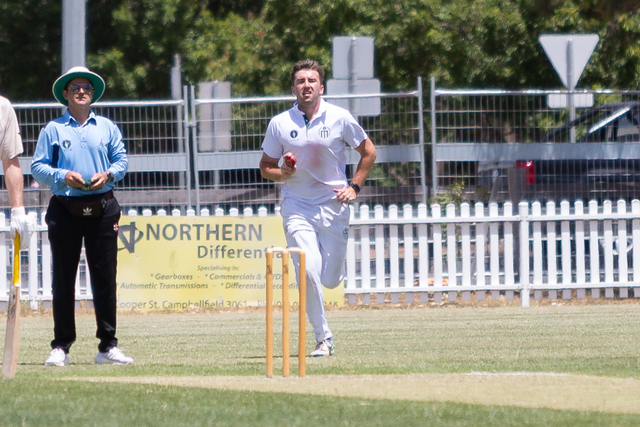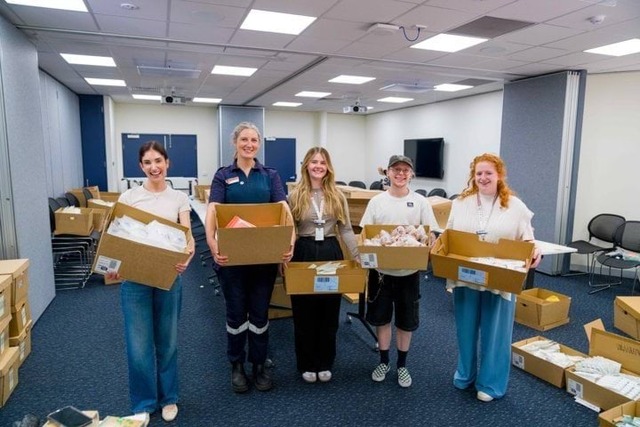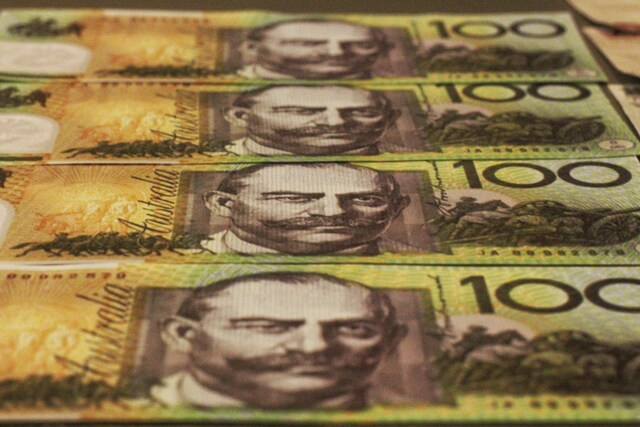Commuters travelling to Melbourne’s CBD on the Craigieburn, South Morang and Sunbury lines will pay the same fare as other metro train travellers from next year after the state government announced standardised fares across the entire city’s public transport network.
But the pre-election sweetener has only further angered the state’s public transport lobby, which is claiming the flat fare cap will only force up fares for short-distance travellers.
“The people likely to suffer in the longer term are those who want to use public transport to go to their local shops, to take the kids to school, or who work somewhere other than the inner city – in other words, the majority of people in Melbourne’s suburbs,” Public Transport Users Association president Tony Morton said.
Last week, Premier Denis Napthine said regular zone 2 commuters would save about $5 a day, and he described it as a significant windfall for lower-income people in outer suburbs who already travel long distances to work or study.
Other fare relief includes free tram travel around the CBD and Docklands.
But Dr Morton slammed the announcement as a “lost opportunity” to reform fares in a sustainable direction, affecting people in the very suburbs the scheme is supposed to help.
“If Premier Napthine really wanted to make public transport cheaper for people in the suburbs, almost any other way of doing it would work better than what he has announced,” Dr Morton said.
“By applying a zone 1 fare cap right across the metropolitan area, the system is now forced to charge the same price to travel two streets away as to travel right across Melbourne.
“So if the system has to charge more for the longest journeys in future, it’ll have to charge the same for a short trip, too, even if there’s still a slight discount for zone 2 relative to zone 1,” he said.
The Premier has claimed a full-fare commuter who currently buys a zone 1 + 2 ticket each day will save about $1200 each year or, if using an annual myki pass, will save more than $750. People who begin and conclude their journey entirely within zone 2 will continue to pay the present discounted fare, he said.
However, Dr Morton disputed these estimates, saying when zone 3 was abolished in 2007 fares quickly rose to claw back the revenue lost.
“Back in 2006, it cost $52.20 a week to travel in all three zones,” he said.
“It now costs $60.60 a week to travel in two zones.
“The saving for those outer suburban travellers was eaten up within just five years, and we fully expect the same will occur for zone 2 travellers with this [latest] measure.”
The fare changes are due to come into effect from January 1 next year, after the state election in late November.
The Premier said Public Transport Victoria would forego about $100 million a year as a result of the changes, which Dr Morton said could be better used paying for “a lot of suburban bus routes, or even a short rail extension”.



